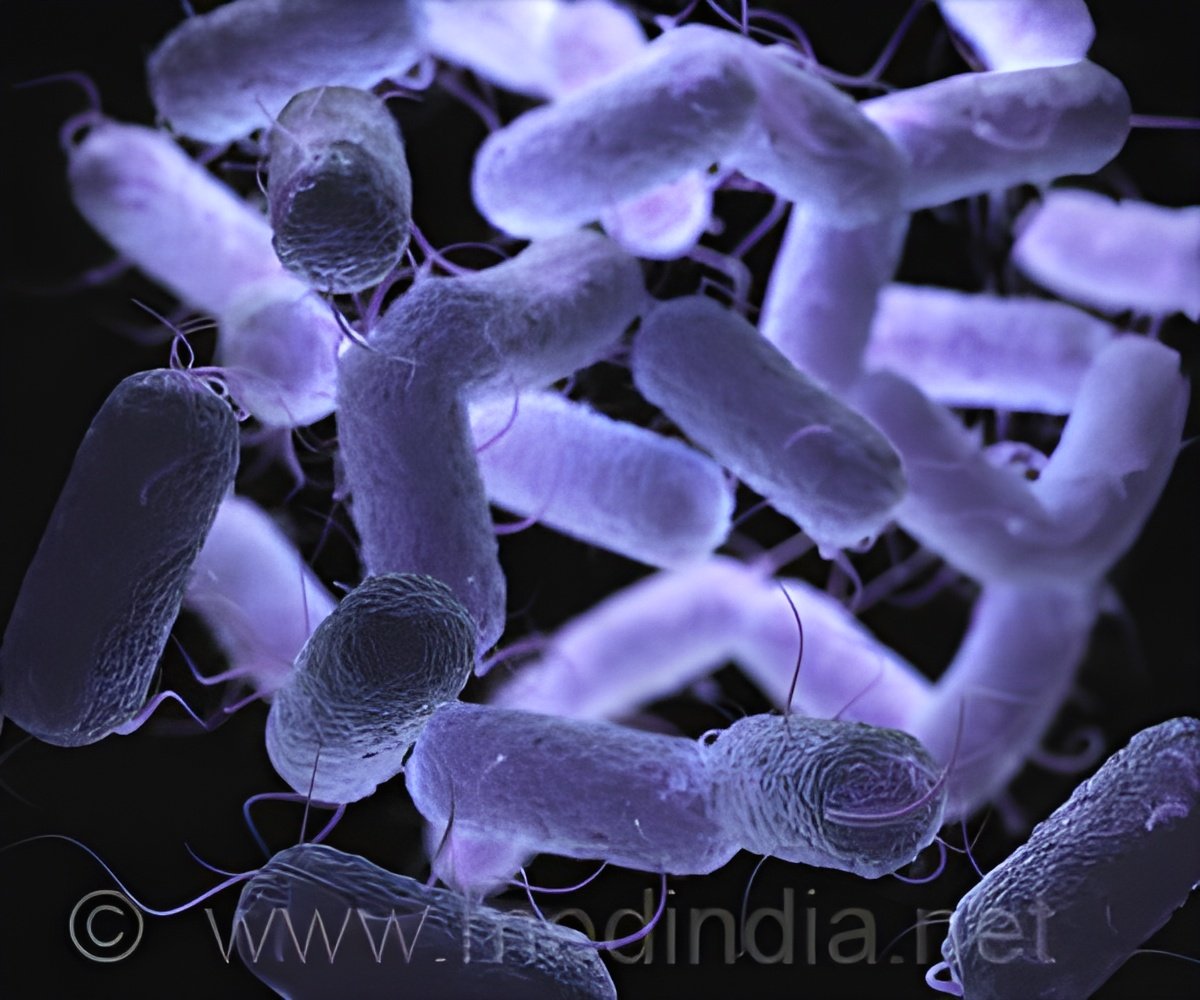
‘VarQuest, the computational algorithm uses a smarter method of indexing the databases to enhance the search for novel antibiotic variants.’
Tweet it Now
"Our results show that the antibiotics produced by microbes are much more diverse than had been assumed," Mohimani said. VarQuest found more than a thousand variants of known antibiotics, he noted, providing a big picture perspective that microbiologists couldn't obtain while studying one antibiotic at a time. Mohimani and Pavel A. Pevzner, professor of computer science at the University of California, San Diego, designed and directed the effort, which included colleagues at St. Petersburg State University in Russia.
PNPs have an unparalleled track record in pharmacology. Many antimicrobial and anticancer agents are PNPs, including the so-called "antibiotics of last resort," vancomycin and daptomycin. As concerns mount regarding antibiotic drug resistance, finding more effective variants of known antibiotics is a means for preserving the clinical efficacy of antibiotic drugs in general.
The search for these novel variants received a boost in recent years with the advent of high-throughput methods that enable environmental samples to be processed in batches, rather than one at a time. Researchers also recently launched the Global Natural Products Social (GNPS) molecular network, a database of mass spectra of natural products collected by researchers worldwide. Already, the GNPS based at UC San Diego contains more than a billion mass spectra.
The GNPS represents a gold mine for drug discovery, Mohimani said. The VarQuest algorithm, which employs a smarter way of indexing the database to enhance searches, should help GNPS meet its promise, said he added.
Advertisement
Advertisement















